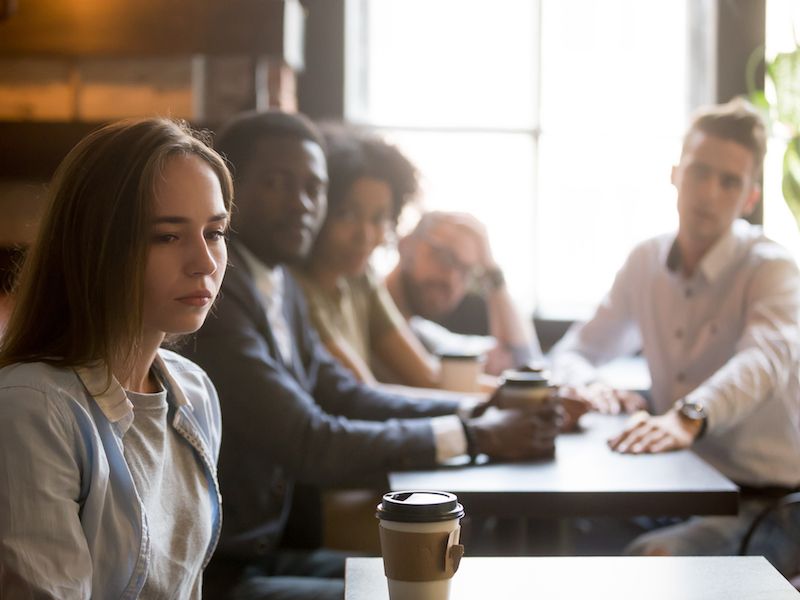
Loss of hearing isn’t only an issue for older people, in spite of the common belief. In general hearing loss is on the rise despite the fact that how old you are is still a strong factor. Hearing loss remains at about 14-16% amongst adults 20 to 69 years of age. Globally, more than 1 billion people from the ages of 12-35 are at risk of developing hearing loss, as reported by the united nations and The World Health Organization. The CDC states that roughly 15% of children between the ages of 6 and 19 already have hearing loss and more recent research puts that number closer to 17%. Other reports say hearing loss is up 30% in teenagers over only 10 years ago. Worse still, a study conducted by Johns Hopkins projects these trends out into the future and estimates that by 2060 around 73 million people over the age of 65 will have loss of hearing. Over current numbers, that’s a staggering number.
What’s Causing Us to Develop Hearing Loss at a Younger Age?
We tend to consider hearing loss as a side effect of aging as it would progress slowly over years unless you spent extended amounts of time in a loud environment. This is the reason why when you’re grandfather wears a hearing aid, you’re not surprised. But changes in our lifestyle are impacting our hearing younger and younger.
Technology, and smartphones, in particular, can have a significant impact on our hearing. Whether you’re chatting with friends, listening to music, or watching movies, we are doing all the things we enjoy doing and wearing earbuds for all of it. Most people have no clue what is a damaging sound level or how long it takes to do damage and that’s an issue. Occasionally we even use earbuds to drown out loud noises, meaning we’re voluntarily exposing our ears to damaging levels of sound instead of safeguarding them.
Little by little, an entire generation of young people are harming their hearing. In terms of loss of productivity, that’s a huge problem and one that will cost billions of dollars in treatment.
Hearing Loss is Not Well Understood
Even young kids are usually sensible enough to stay away from extremely loud noises. But the nature of hearing damage isn’t popularly understood. Most people won’t know that medium intensity sounds can also damage your hearing if the exposure is long enough.
But hearing loss is normally associated with aging so the majority of people, especially young people, don’t even think about it.
However, the WHO says permanent ear damage may be happening to those in this 12-35 age group.
Recommended Solutions
The problem is especially widespread because so many of us are using smart devices on a regular basis. That’s why offering additional information to mobile device users has been a recommended answer by some hearing professionals:
- Warnings when you listen too long at a high decibel level (it’s not only the volume of a sound that can lead to damage it’s how long the noise lasts).
- High-volume alerts.
- Built-in parental controls which let parents more closely supervise volume and adjust for hearing health.
And that’s only the start. Paying more attention to the health of our ears, plenty of technological solutions exist.
Reduce The Volume
The most significant way to minimize injury to your hearing is to reduce the volume at which you listen to your mobile device. Whether your 15, 35, or 70, that holds true.
And there is no disputing the fact that smartphones are not going away. It’s not only kids that are addicted to them, it’s everyone. So we have to understand that hearing loss has as much to do with technology as it does with aging.
That means the way we prevent, treat, and talk about hearing loss has to change.
Also, decibel levels in your environment can be measured by app’s that you can download. 2 steps to protect your hearing. Making sure not to try to drown out loud noises with even louder noises and of course wearing ear protection. For example, if you drive with your windows down, don’t crank up the music to hear it better, the noise from the wind and traffic might already be at harmful levels. Make an appointment with a hearing care professional if you have any questions.
